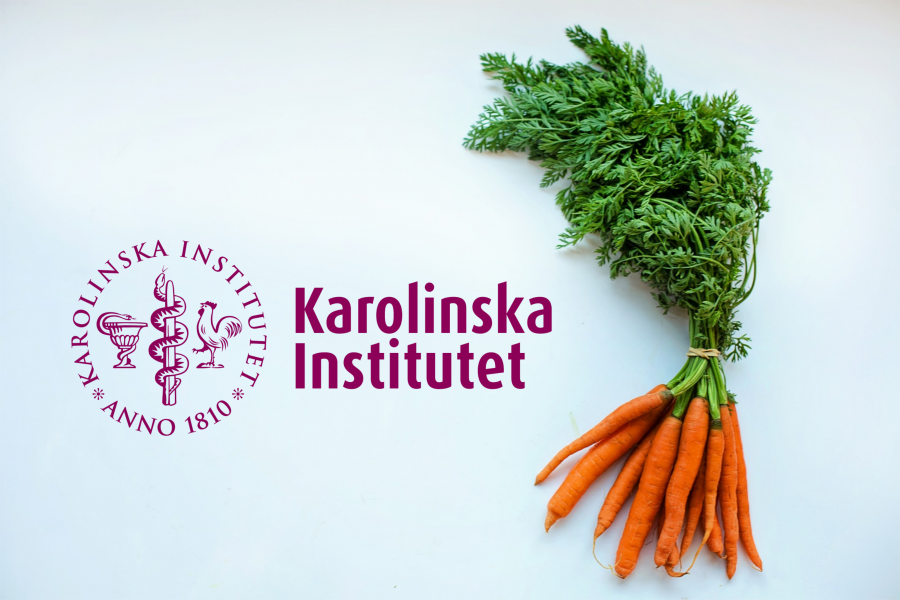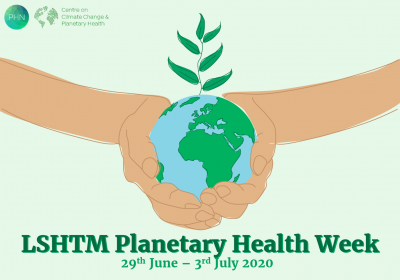Sustainable dietary habits through optimised school meals

Serving around 1.3 million meals each school day, the Swedish school meal system offers a unique environment in which to foster sustainable dietary habits among children and youth. The aim of this project is to develop and test a holistic model for creating nutritionally adequate, affordable, and socially acceptable school meal plans with a lower environmental impact through linear programming. The indicator of environmental impact is greenhouse gas emissions.
The project consists of four sub studies:
- The importance of school lunches to the overall dietary intake of a representative sample of pupils in Sweden.
- Optimizing school food supply: integrating environmental, health, economic, and cultural dimensions of diet sustainability with linear programming.
- Evaluation of the acceptability of a new nutritionally adequate, affordable and GHGE-reduced 4-week menu plan optimised for acceptability, assessed by measurement of food waste and consumption as well as through a questionnaire.
- Exploration of views of pupils and kitchen staff on the new meal plan, the role of food in environmental sustainability, and willingness to be part of a sustainable solution for the school meal sector.
This project running from 2016 - 2020 could contribute to the fulfillment of Sweden’s obligations for sustainable development in the food sector and serve as a role model for public sector meals in general and for other countries. Results will be presented from study 1 and 2 and preliminary results from the intervention study.
The speakers
Liselotte Schäfer Elinder is an adjunct professor in Public Health Sciences at the Department of Public Health Sciences, Karolinska Institute, and leader of the research group “Community nutrition and physical activity”. She is also also employed at the Centre for Epidemiology and Community Medicine, Stockholm County Council.
Patricia Eustachio Colombo is a graduate student at the Department of Public Health Sciences, Karolinska Institute, and is carrying out a PhD project titled, “Fostering sustainable dietary habits through optimised school meals – OPTIMAT”.
Emma Patterson is currently employed at the Centre for Epidemiology and Social Medicine at the Stockholm County Council, and is affiliated with the research group Community Nutrition and Physical Activity at the Department of Public Health Sciences, Karolinska Institute.
Please note that this session will NOT be live-streamed/recorded.
Admission
Contact








